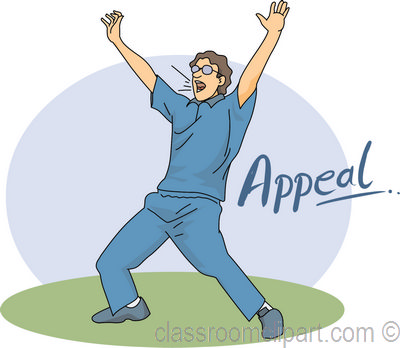Makos 5b (3)
1- We spoke about the concept that the Torah gives equal validity to a set of two witnesses as much as to one hundred witnesses. The source of this idea is from the verse “two or three witnesses”. Meaning to say that two is equal to three or more. Both are equally valid.

R Chaim Soloveitchik (Brisker)
R Chaim Brisker asks a simple question: The above verse talks about ‘zomemim’, where the entire concept of believing the latter set is not logical – ‘gezeiras hakosuv’. Thus one can say that (the second set of) two are just as powerful as one hundred (of the first set).
Where is the source of the Rambam extrapolating this idea (that two equals one hundred) also by ‘hakchasha’?
His answer: The rule the Torah establishes is (not directed at the concept of numbers – that they don’t apply in regard to witnesses, but rather) that the fundamental idea of believing 2 witnesses is that two and one hundred (100) have the same validity.
In other words: It’s not that the posuk is telling us that despite logic telling us that 100 testifiers are to be believed more than two , nevertheless it is a ‘gezeiras hakosuv’ to believe the latter pair despite their lesser numbers.
That is not what the Torah is trying to tell us:
Rather the posuk is telling us this: When it comes to the idea of witnesses two and one hundred have the same ‘ne’emonus’ or credibility; larger numbers add nothing to the witness verification process. Thus two is as powerful as 100.
Therefore, once this concept is established, we can apply it to hakchosho as well.
2- We touched upon an interesting logical and mind twisting trivia.
This question is discussed (among others) by the last great Rov of Vilna, Reb Chaim Oizer Grodzinky.
It is his book called Achiezer. See attached PDF.
First a few fundamental points:
a- In most Halachos that involve talking, one can utter something and then change his mind, retract or change it, provided he does so within 3 seconds (approximately).

For example- when on Rosh Chodesh while saying Ya’le Veyovo one mistakenly says “Byom Chag Ha’matzos, he can correct himself within 3 seconds and say “Byom Rosh Chodesh Ha’ze”.
Another example: You pledge at an appeal $360 but then immediately change it to $180. $180 is all you need to give.

b- There are a few exceptions to this rule of retraction. Such as if a Choson immediately after putting on the ring and saying “Ha’rei At Mekudeshes Li” will say “I changed my mind” ….. this rule does not apply.
the happy Chosson and Kallah under the Chuppah with Rabbi Shaul Dovid Borstein
There is no reverse on Kidushin. There is a logic to this exception but we will leave this for another time.
Berel Malachovsky can explain this better….. a pogrom is a …..
c- Once witnesses utter their testimony they can change their minds within three seconds. It cannot be retracted after 3 seconds. This is based on the Halocho of “kivan shehigid, shuv eino choizer umaggid” . Once recorded in Beis Din a testimony can’t be retracted or even changed.
 Testimony cannot be retracted.
Testimony cannot be retracted.
d- Now here comes the twist: When does the testimony take effect? One can say that it takes effect immediately (at the beginning of the three second period) but they can reverse within three second.
Or – it only takes effect at the conclusion of the three seconds. Before the end of the three second period nothing has been affected.
e- Trivia? Or is there a practical difference, albeit in rare cases.
f- Here is one: two witnesses come and testify on Shabbos that they witnessed a loan from Mr. A to Mr. B. Within three seconds of their testimony they (C”V) light up a cigarette! Chilul Shabbos. They become “posul le’edus”.
 g- If we assume that their testimony takes effect immediately (they can reverse within three second- which they didn’t) then we can accept their testimony because the disqualification (due to the Chilul Shabbos) came after the fact.
g- If we assume that their testimony takes effect immediately (they can reverse within three second- which they didn’t) then we can accept their testimony because the disqualification (due to the Chilul Shabbos) came after the fact.
h- On the other hand, if it does not take effect until after the three second period then the testimony is invalid since at that time they were disqualified!
i- There are other cases where this puzzle would come into play. Next week bl”n.
Stay tuned…